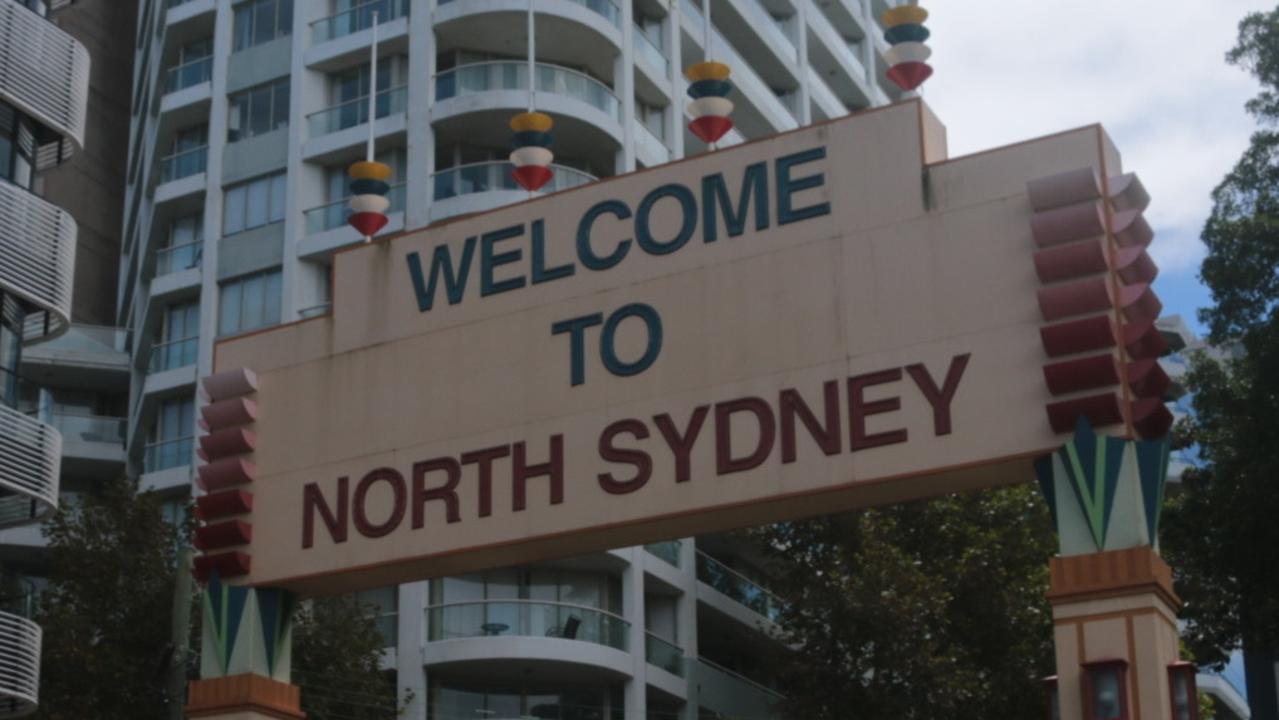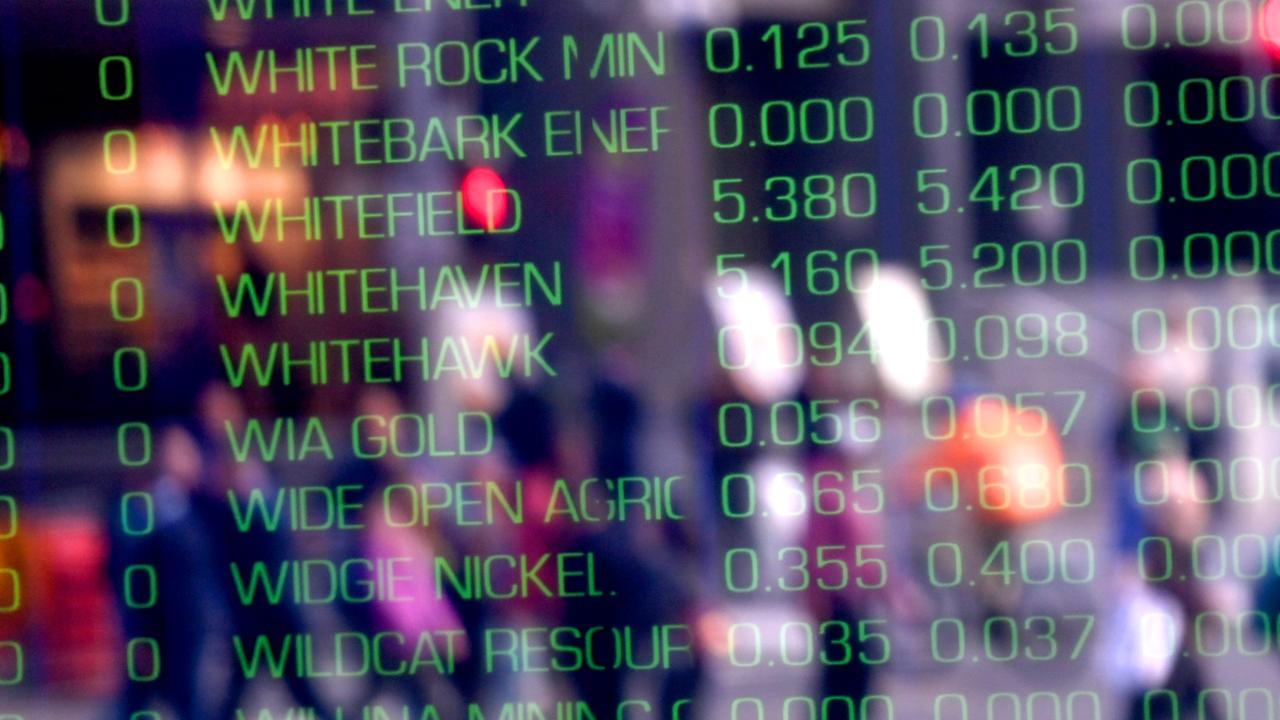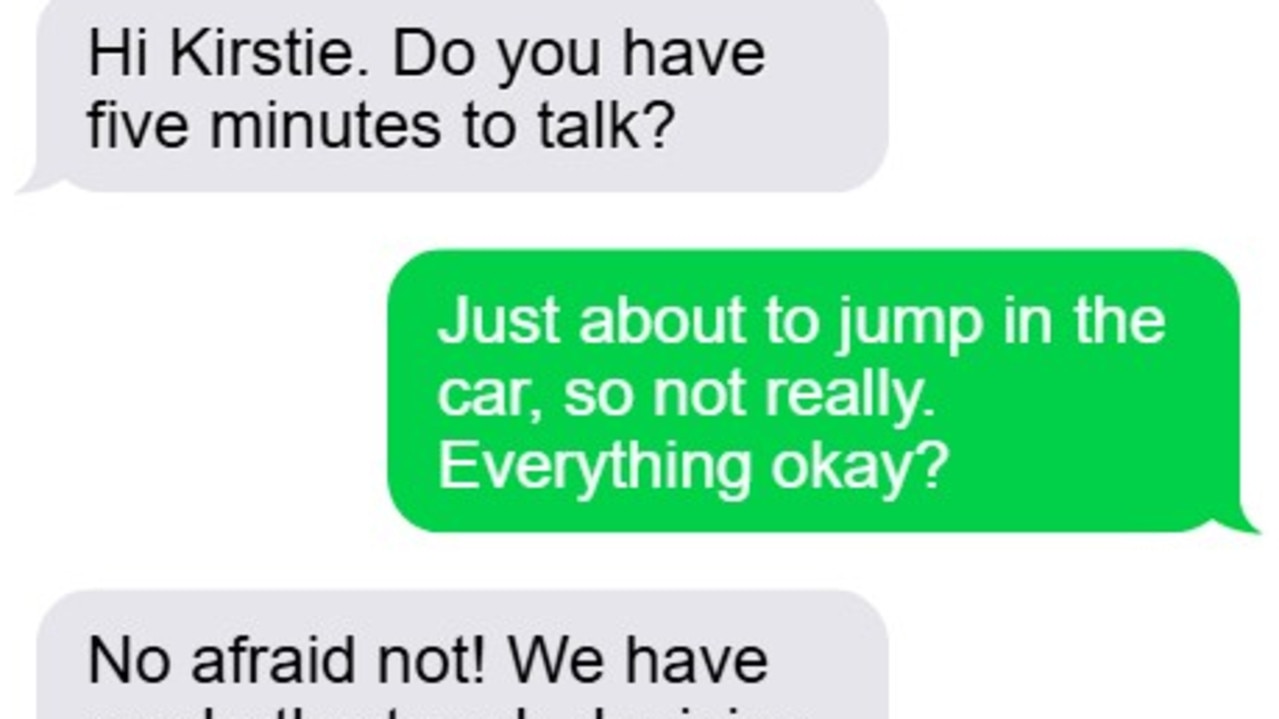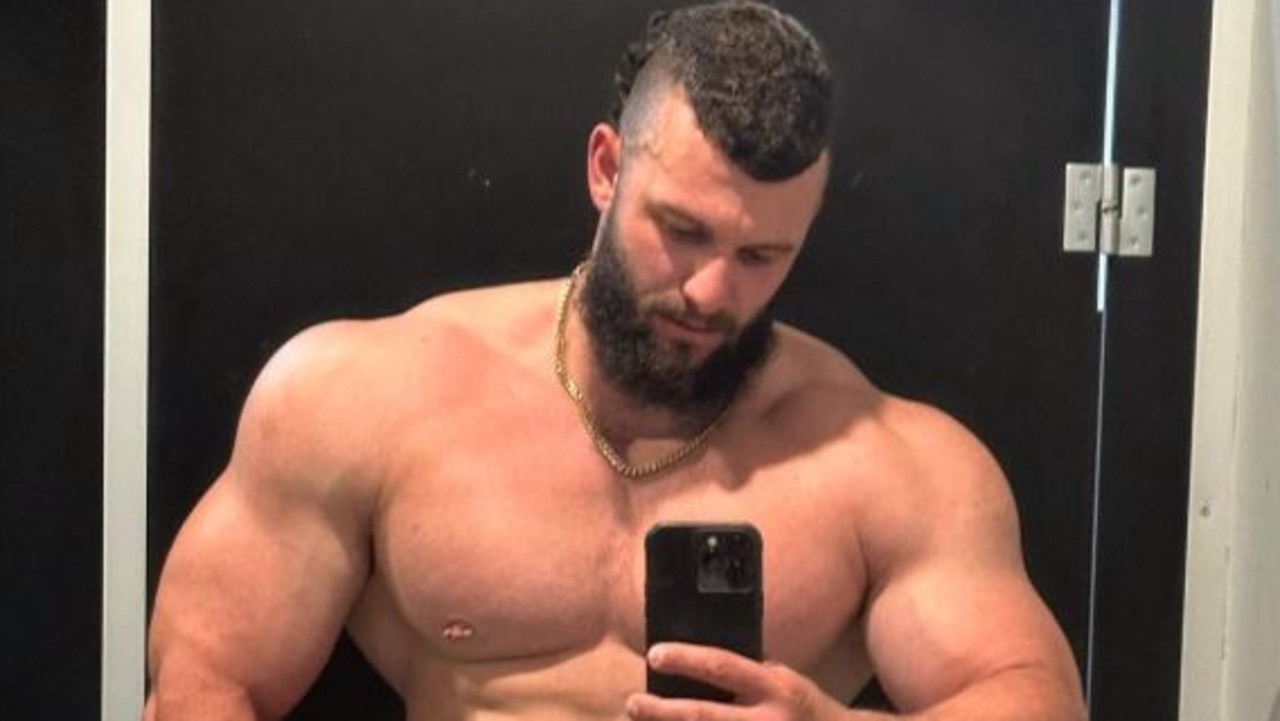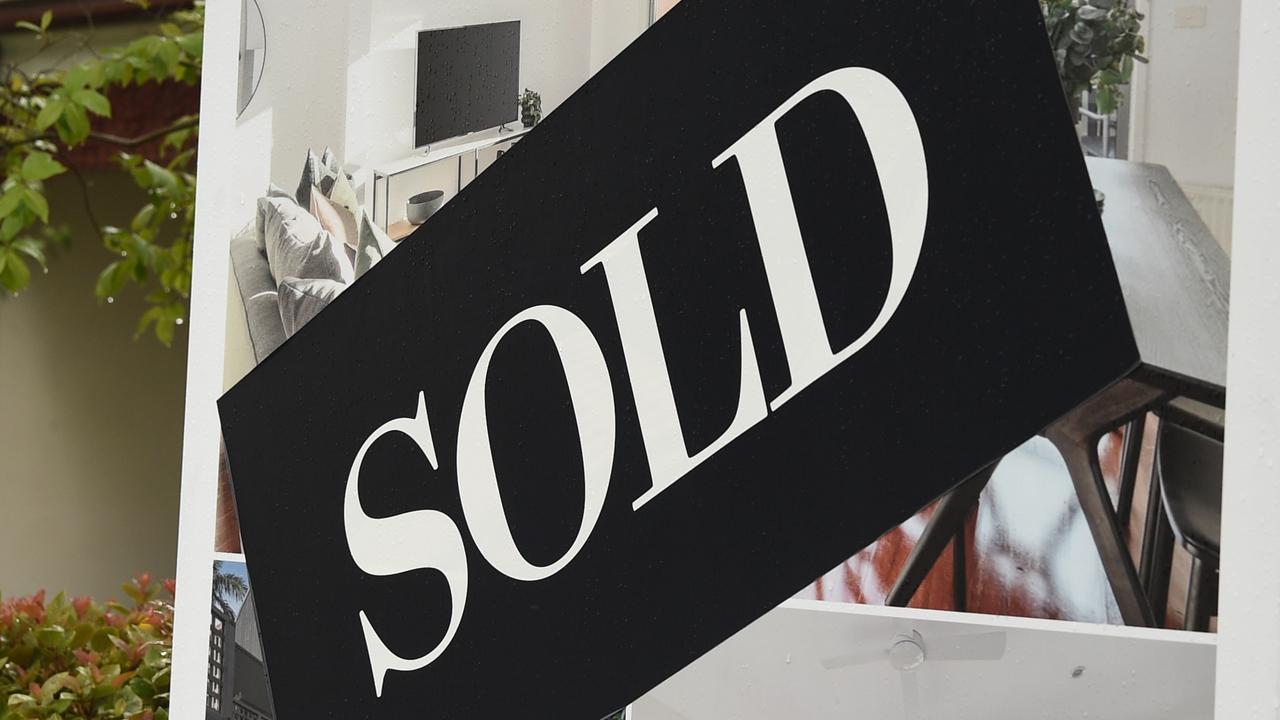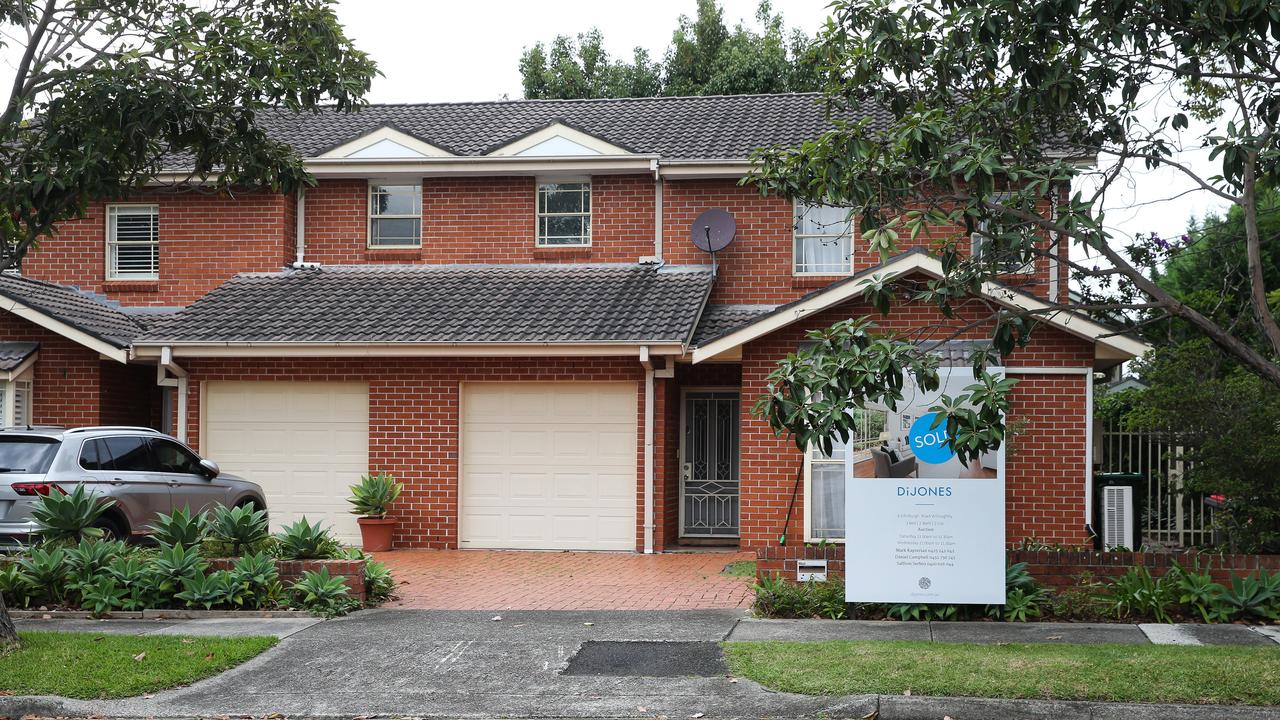RBA says some states feeling cost of living crisis more
Not all Australians are feeling the same pressure from the rising cost of living, the RBA says, with one major state doing it tougher than others.
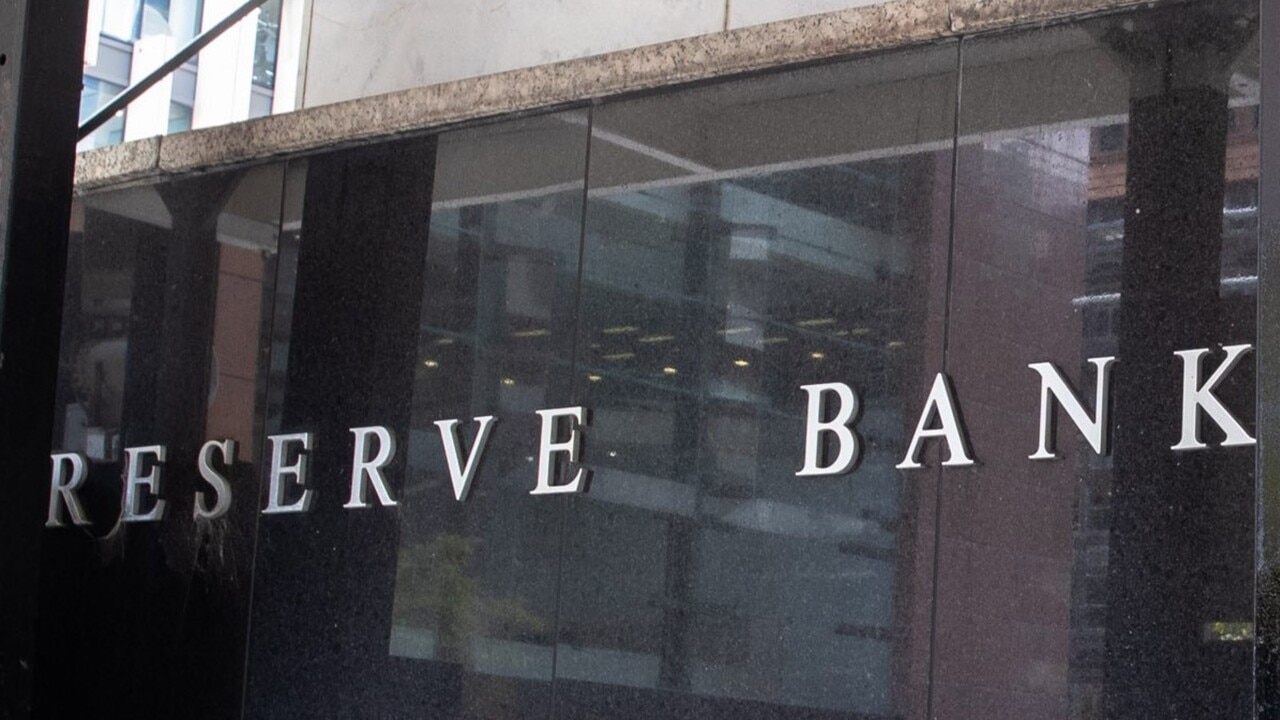
Business
Don't miss out on the headlines from Business. Followed categories will be added to My News.
Cost of living pains are affecting Australians differently depending partly on where they live, with one major state particularly struggling.
Reserve Bank Assistant Governor Sarah Hunter on Wednesday said economic conditions varied across the country.
“We also hear from business and we can see in our data that there are pockets of strength across the economy,” she told a select committee on the cost of living.
She described the economy as “full of lots of individuals who have their own personal experience.”
But some were doing better than others, she told the select committee into the cost of living.
“We are aware for some people right now it’s really tough,” Dr Hunter said.
“Not all sectors are experiencing the same at the moment.”
She pointed to retail as an industry that was having a hard time, contrasting it to health and education, which she said had experienced employment growth.
“We can also see it geographically, too,” Dr Hunter said.
“Victoria is really struggling right now as one of the relative underperformers, Tasmania as well.
“But equally, we can see Queensland, Western Australia [and] South Australia look like they’re doing a bit better.”
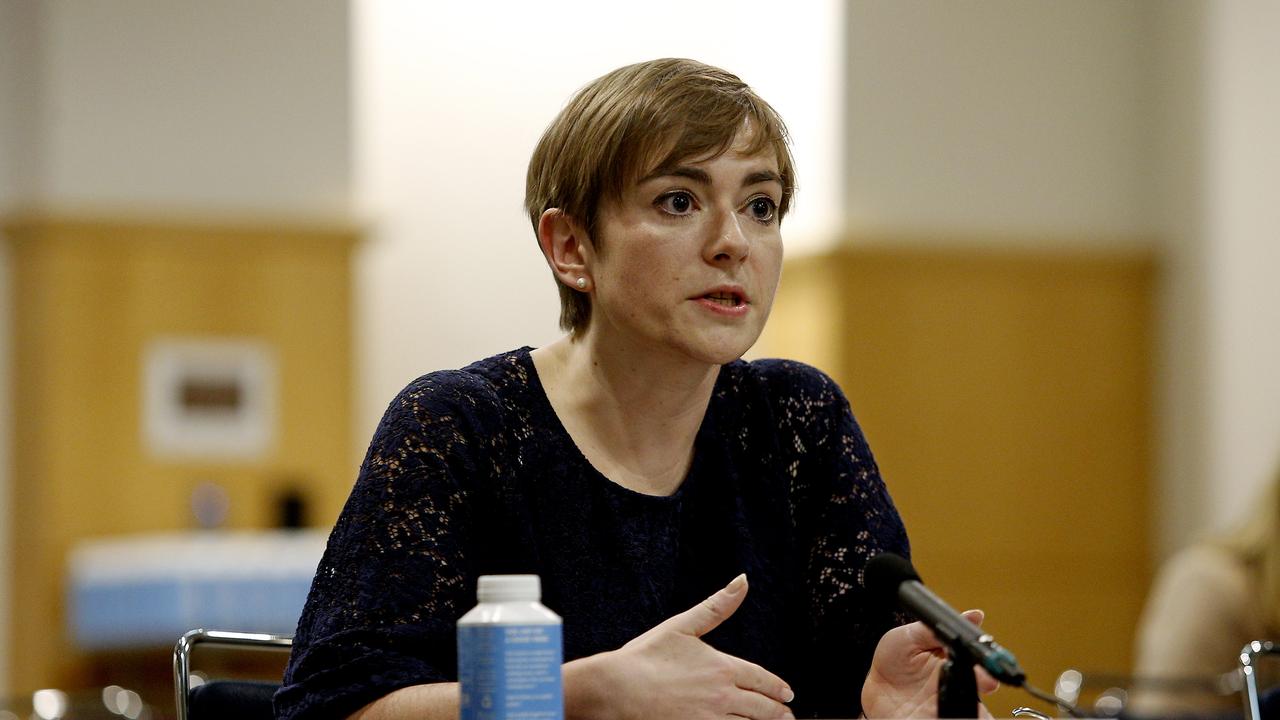
Dr Hunter said it was not unusual for different parts of the country to experience different economic conditions, but said it showed just how hard it was to “balance the whole thing.”
The RBA announced on Tuesday it was holding the official cash rate at 4.35 per cent, giving some reprieve to mortgage holders.
But the board has said there will be no cut in the rate this year as the battle to rein in inflation continues.
Dr Hunter said she did not expect inflation to return to the target range of 2-3 per cent until December 2025, repeating the RBA’s forecast released on Tuesday.
In a nutshell, households are more inclined to spend cash, pushing up consumer demand. But economic capacity, or the ability of business to provide services, is dwindling.
In its decision on Tuesday, the RBA said it expected public spending to increase from 2.1 per cent to 4.1 per cent.
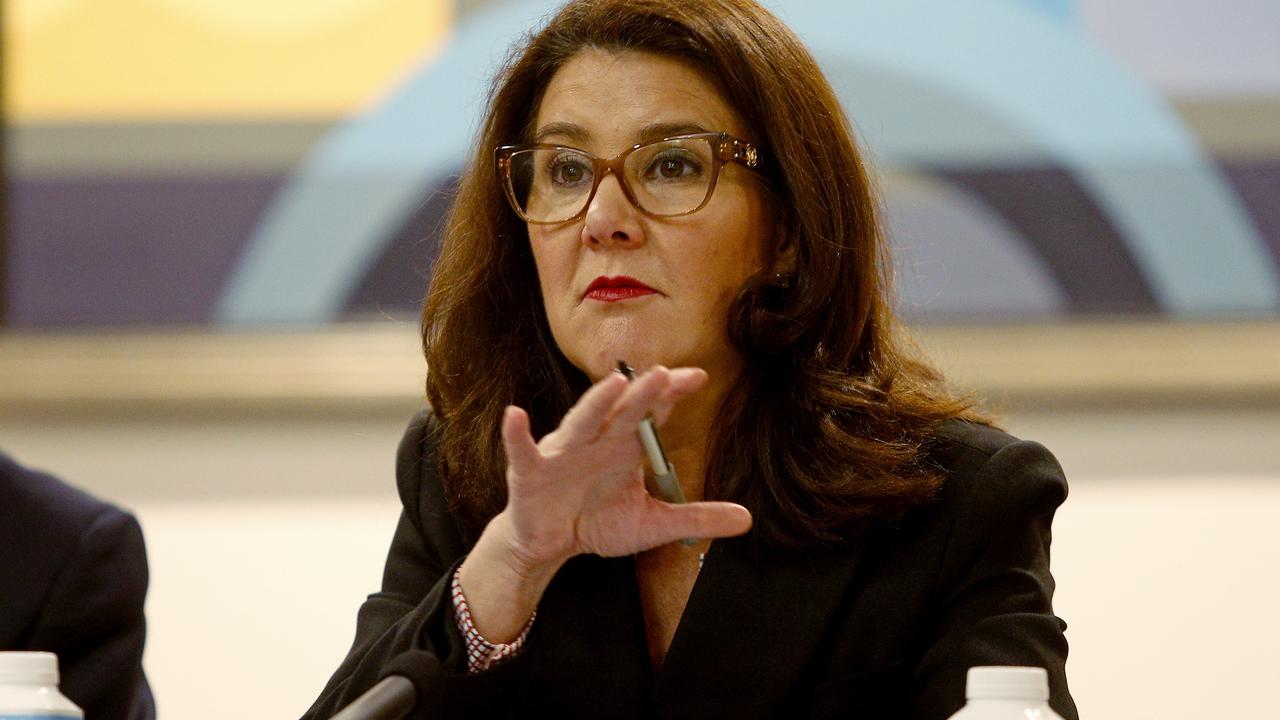
Committee chair senator Jane Hume pressed Dr Hunter on the detail, asking if public spending was driving inflation.
The assistant governor said it was one aspect the RBA was monitoring but made clear it was only one piece of the puzzle.
“For us, we’re really concerned with the whole of the economy and how it’s progressing,” she said.
She added no one level of government was responsible for the jump in public spending because the RBA considered the data in its totality.
Earlier on ABC radio, Treasurer Jim Chalmers said federal government policy, including $300 energy rebates for households for the 2024/25 financial year, was being “helpful” in lowering inflation.
But Dr Hunter said that would only have a short-term and temporary effect.
“In the context of those policies being temporary, they’ll have an impact (on inflation) this year, (and) they’ll have an impact next year,” she said.
“But in terms of being a sustained return to target, that’s not something that we can see coming from those particular policies because they are only legislated for one year.”
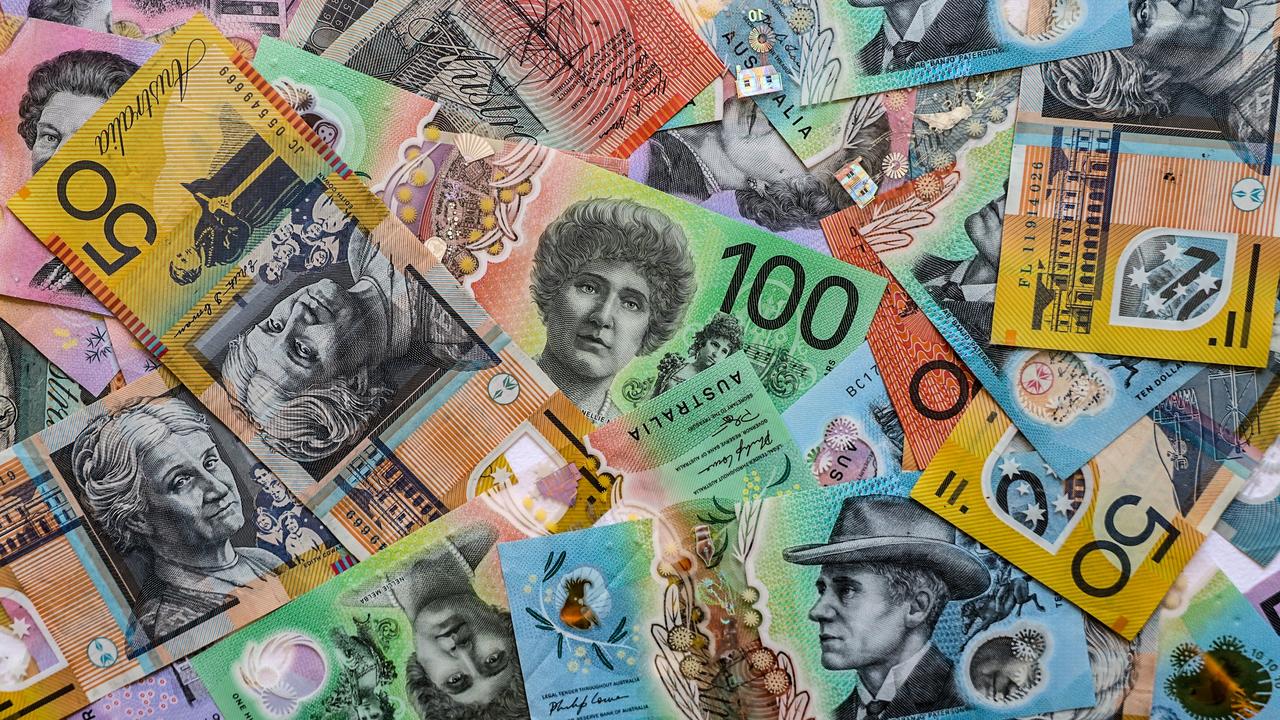
Cost of living is front of mind as non-profits across the country issue dire warnings that Australians are becoming poorer as they struggle to manage basic costs.
All households experienced a rise in living costs in the June 2024 quarter, according to ABS data released on Wednesday.
Along with skyrocketing housing prices, data showed Australians were paying more for insurance and forking out more at the supermarket.
“This is the first time since December 2010 that increases in living costs for all household types were higher than the increase in the CPI,” ABS prices head Michelle Marquardt said.
More Coverage
Originally published as RBA says some states feeling cost of living crisis more



